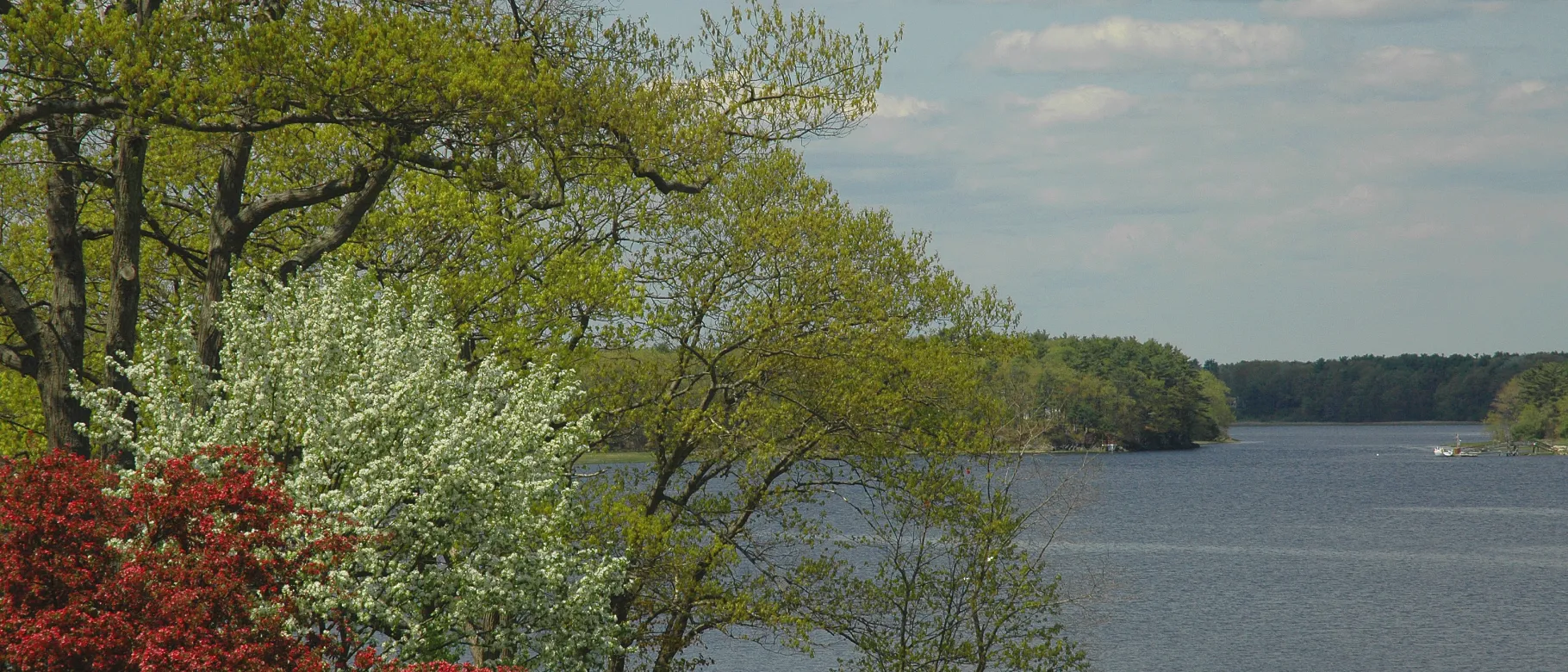UNE’s College of Arts and Sciences offsets air travel related carbon emissions

The College of Arts and Sciences has found a way to be environmentally responsible about the travel-related carbon emissions that it creates. Working with the Sustainability Office, the CAS Dean’s Office has partnered with Carbonfund.org, a non-profit organization that fights climate change by providing offset opportunities for individuals and businesses. While airplane travel is a necessity at institutions of higher education, as students engage in global experiences through study abroad programs, and administrators, faculty and staff learn best practices in their fields by attending conferences, purchasing offsets allows the College of Arts and Science to reduce its impact on the environment, even while continuing to fly.
An offset is a funding mechanism that reduces greenhouse gas emissions by supporting a renewable energy, energy efficiency or a reforestation project that otherwise would not have been developed. While Carbonfund.org supports a myriad of projects worldwide, including wind, hydroelectric, truck-stop electrification, rainforest conservation and reforestation projects, the CAS Dean’s Office has chosen to support the New Bedford Landfill Gas-to-Energy project because it is local to the region and turns methane, a greenhouse gas that is 23 times more damaging than carbon dioxide, into electricity. According to Alethea Cariddi, UNE’s sustainability coordinator, CAS offset 27.12 metric tons of carbon dioxide equivalencies (the unit used to quantify greenhouse gases) in air travel during the first quarter of the current fiscal year. This represents emissions that will be taken off the annual carbon footprint inventory for the University.
Cariddi says that UNE has adopted a philosophy of reduction through efficiency first, which is why its Climate Action Plan focuses on energy efficiency and behavior change. “Purchasing offsets for air travel is an acknowledgement that these are emissions we won’t be able to eliminate any other way,” she stated.
Charles Tilburg, associate dean of CAS, said, “The College of Arts and Sciences is committed to lowering the University’s carbon footprint. Carbon offsets for our air travel is one positive, concrete step that we can do. I am hopeful that this program is the first of many.”
The CAS Dean’s Office also gained Green Office certification in April 2017, illustrating its desire to be a leader in UNE’s carbon reduction future.
To learn more about the College of Arts and Sciences, visit www.une.edu/cas
To apply, visit www.une.edu/admissions